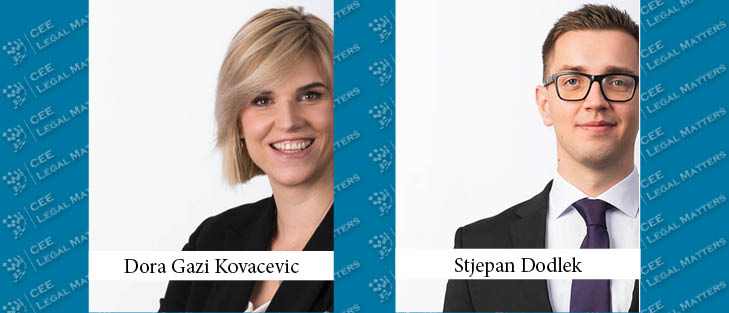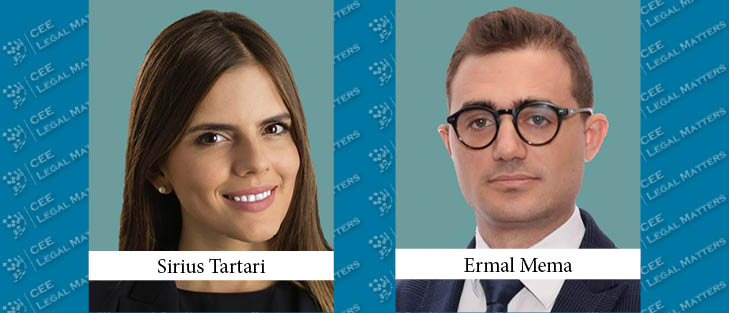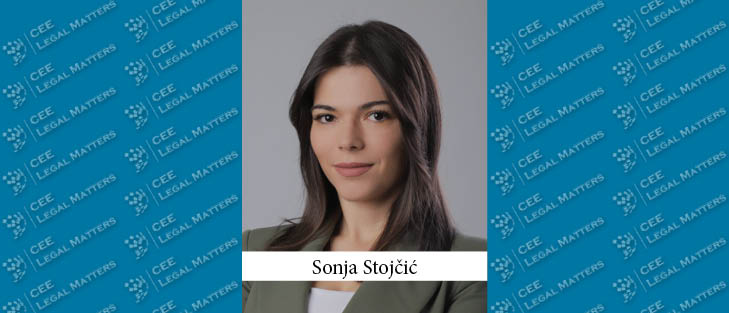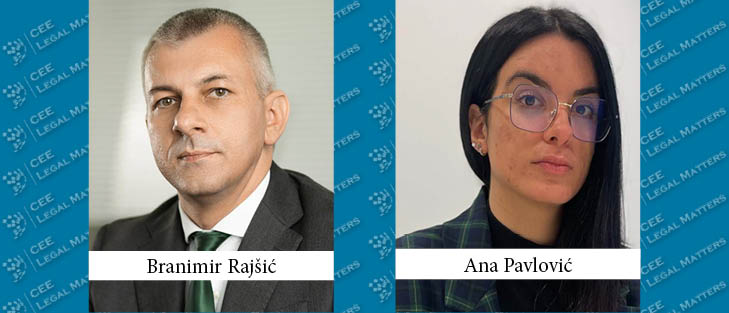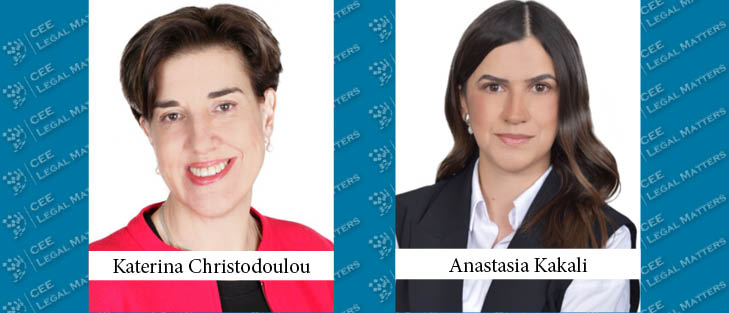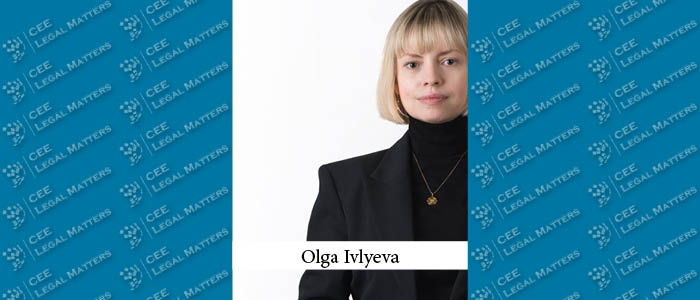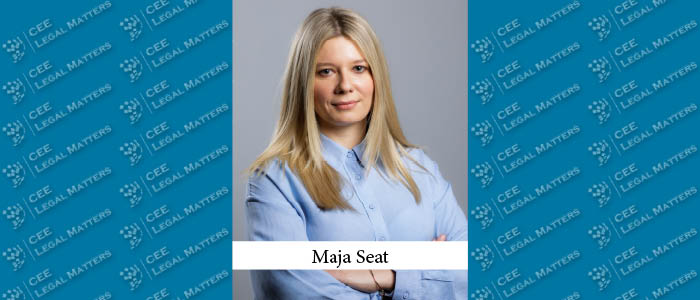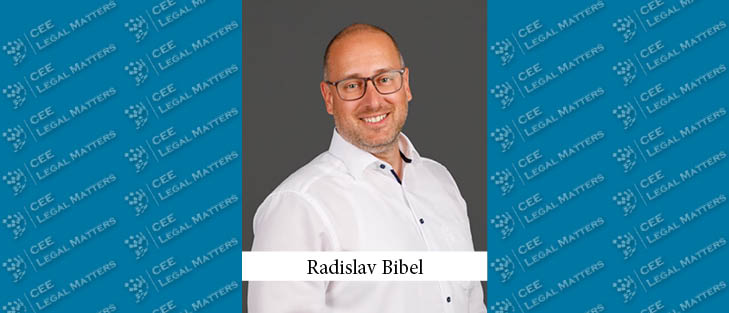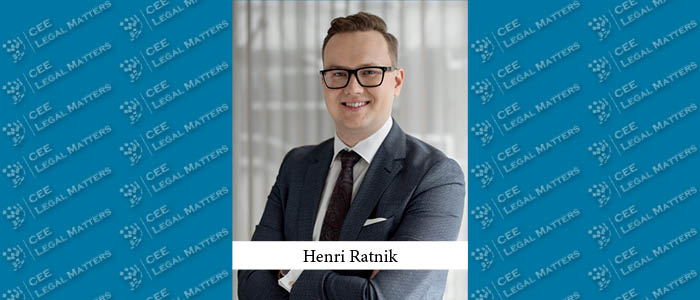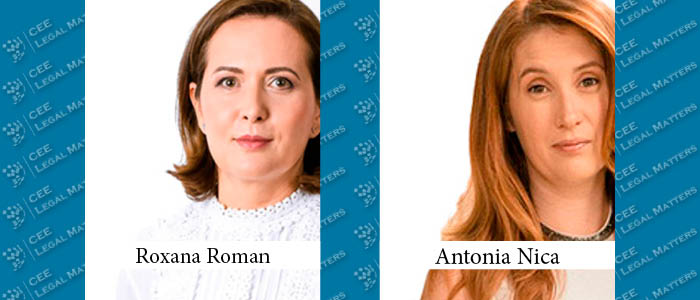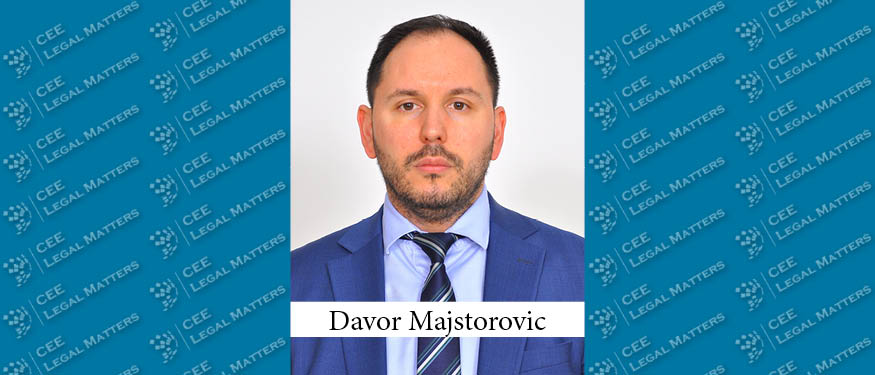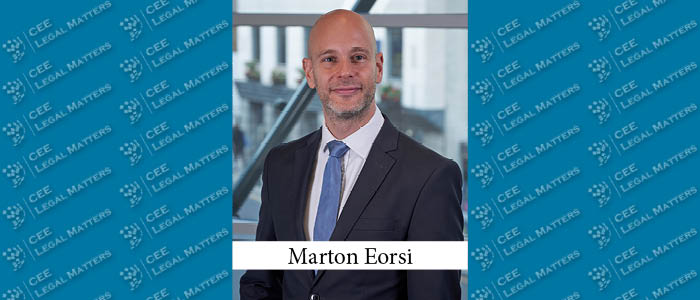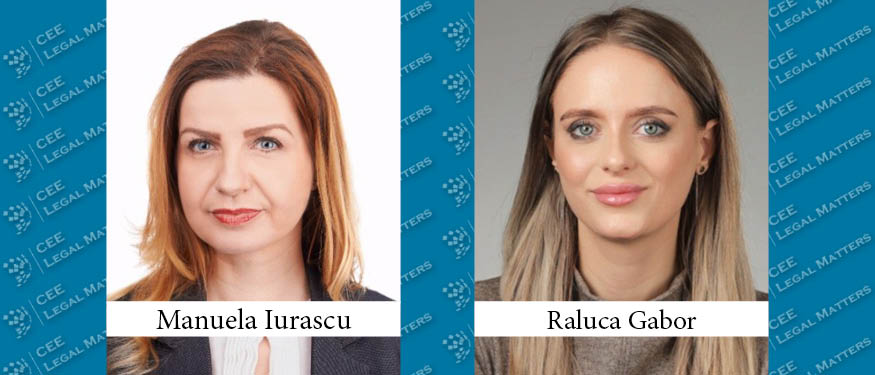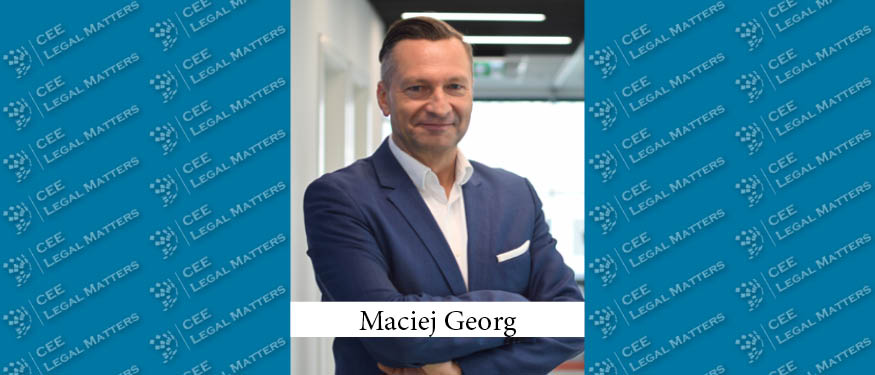The Croatian Lobbying Act (Official Gazette 36/2024, the “Act”) entered into force on 1 October 2024, marking Croatia’s first comprehensive regulation of lobbying activities. The Act establishes significant new rules for lobbyists and companies alike, requiring compliance when interacting with public officials to advocate for business or organisational interests. This regulatory development represents a transformative shift in how entities engage with policymakers and will necessitate careful attention to adherence with these newly established standards.
Changes in Value Added Tax Rates in Slovakia
The National Council of the Slovak Republic has recently approved significant changes to the Value Added Tax (VAT) rates, which will come into effect as of January 1, 2025. Here are the key updates:
Environment Flash No. 10/2024
NNDKP Environment Flash No. 10/2024:
Several New Government Decrees in the Subject of Architecture from 1 October 2024
Several provisions of the new Act on Hungarian Architecture ("Architecture Act") entered into force on 1 October 2024, as a result of which the previous Building Act was repealed. The Architecture Act has taken over and supplemented many of the provisions of the previous Building Act, however, also contains a number of new rules.
New Joint Instruction Clarifies Residence Permit Procedures in Albania
New Joint Instruction No. 196/2024, “On cooperation between the Ministry of Internal Affairs, Ministry of Economy, Culture, and Innovation, and the State Intelligence Service regarding the issuance of residence permits for foreigners” (the “Instruction”), came into effect on 22 October 2024. This Instruction, aimed at clarifying and improving coordination among public institutions, does not amend existing residence or unique permit (i.e., a residence permit issued for employment purposes that combines both the residence and work permit) procedures for foreign nationals. Instead, it reaffirms the established process, ensuring that it remains consistent while improving transparency and efficiency.
Can Legitimate Interest Be Based on Purely Commercial Interests of the Data Controller? The CJEU Confirms That It Can
The Court of Justice of the European Union (“CJEU”) has recently rendered a significant judgement regarding the interpretation of legitimate interest as a legal basis for personal data processing. Deciding on a case involving the fine imposed by the Dutch data protection authority (“AP”) on the Royal Dutch Tennis Association (“KNLTB”) for sharing its members’ personal data for commercial purposes, the CJEU confirmed that legitimate interest can cover purely commercial interests. This decision is important for both EU member states and Serbia, where there is still no clear practice or opinion from the competent authorities on the lawful application of data processing based on legitimate interest.
Corporate Liability When Raising Funds on the Capital Market in Latvia
Raising funds on the capital market—through the issuance of shares or bonds—provides companies with substantial advantages. Obtaining funds through capital market not only facilitates diversification of financial portfolios and reduces dependence on bank financing but also conveys a strong message to the issuer’s customers and business partners, illustrating the commitment to high standards of corporate governance. At the same time, by ensuring that the company’s securities are publicly listed, its members of the management board take responsibility towards the company itself, the shareholders, and other investors.
Waiver of Interest on Outstanding Tax Obligations in Montenegro
The Law on the Waiver of Interest on Outstanding Tax Obligations (“Law”) has been officially adopted and will take effect on 1 January 2025. This Law allows for the waiver of unpaid interest on tax obligations that became due before 31 December 2024.
Artificial Intelligence Systems and the GDPR from a Data Protection Perspective
The General Secretariat of the Belgian data protection authority has published an informational booklet outlining the relationship between the EU General Data Protection Regulation and the Artificial Intelligence Regulation, which came into force on 1 August 2024. The authority’s aim with the informational booklet is to provide insights into the application of data protection requirements during the development and deployment of artificial intelligence systems. Data protection requirements and legal standards are key to ensure that artificial intelligence systems operate ethically, responsibly and lawfully.
Modernizing Share Pledges: Key Changes for Greek Legal Practice Under the New Law
Law 5123/2024 aims to modernize the institutional framework governing pledges by creating a streamlined and contemporary legislative structure. The new law is expected to come into force once the particulars of operation of the Electronic Pledge Registry are determined by the Hellenic Cadastre’s Board of Directors or the 31st of December 2024, whichever comes first. Specifically, for share pledges, the current legal regime involves numerous formalities, and reducing these requirements would be welcomed by legal practitioners.
Life Sciences Bulletin: Parallel Import of Medicines into Ukraine as of 2025
Starting on 1 January 2025, the parallel import of medicines into Ukraine will come into force, allowing dealers that are authorised by manufacturers of medicinal products to import medicines in parallel with said manufacturers. The expected outcomes of this new regime are higher competition and lower prices for relevant medicines.
Closing is not Simply Exchanging a Closing Memo and a Closing Binder
Dealmaking is a dance with a uniquely complex, dynamic and unrehearsed choreography. Numerous factors come into play. Ticking all the boxes, satisfying or waiving the conditions precedent (merger clearances, regulatory and third-party approvals, etc.), every step duly documented and catalogued in a closing memo and a closing binder, and ultimately celebrated at a stylish closing dinner.
Legal Guidance: Integrating EV Charging Stations into Commercial Property Infrastructure
While legal professionals may not possess the solution for upcoming winter to the widely discussed problem of frozen Tesla door handles or expertise in selecting personalized lock sounds for electric vehicles (EVs), we do offer valuable advice for landlords aiming to integrate their current property infrastructure with the growing prevalence of EV charging stations.
New Transactions Tax in Slovakia from 2025
From 1 April 2025, Slovakia will introduce a new financial transactions tax (daň z finančných transakcií) as part of the government´s consolidation package. This is not an early April fools' day joke.
Law on Amendments to the Law on Copyright and Related Rights
In Montenegro the Law on Amendments to the Law on Copyright and Related Rights came into force and it aims to harmonize Montenegrin legislation with EU legislative, particularly in the part that facilitates broad access to copyrighted works by enabling the sharing of online content through various platforms.
Can a Forgiven Debt be "Revived"?
A creditor has forgiven part of a debtor's debt on the condition that the debtor will make every effort to avoid insolvency and repay at least the remaining, unforgiven part. However, the creditor also set a resolutive condition: if the debtor were to become insolvent (i.e. the court declared it bankrupt), the debt forgiveness agreement was to be void from the outset and the debtor would be obliged to repay the debt in full.
Wild West, Bonanza, and Artificial Intelligence – Do They Have Anything in Common?
Presumably many of us have watched Bonanza when they were younger. Bonanza is an American Western TV series about the Wild West of the 1860s. It wasn’t an easy life – lawlessness reigned, and justice was only for the strong.However, in 2024, it’s a different story – the laws are in place and being effectively enforced. The development and use of artificial intelligence is no longer a lawless environment. Existing regulations remain in place, and now a new Artificial Intelligence Regulation has entered into force, carrying hefty fines of up to €35 million or up to 7% of a company’s global turnover. So, the answer to the question in the headline is already a pre-emptive 'no'.
How EU Energy Efficiency Rules Impact the Construction Permit Process in Romania
As Environmental, Social and Governance (ESG) standards continue to dominate business conversations, the European Union (EU) drives the momentum by placing the ‘energy efficiency first’ principle at the heart of its energy policy. These efforts further aim to enhance governance, transparency and strengthen the link between climate change mitigation and environmental protection measures.

